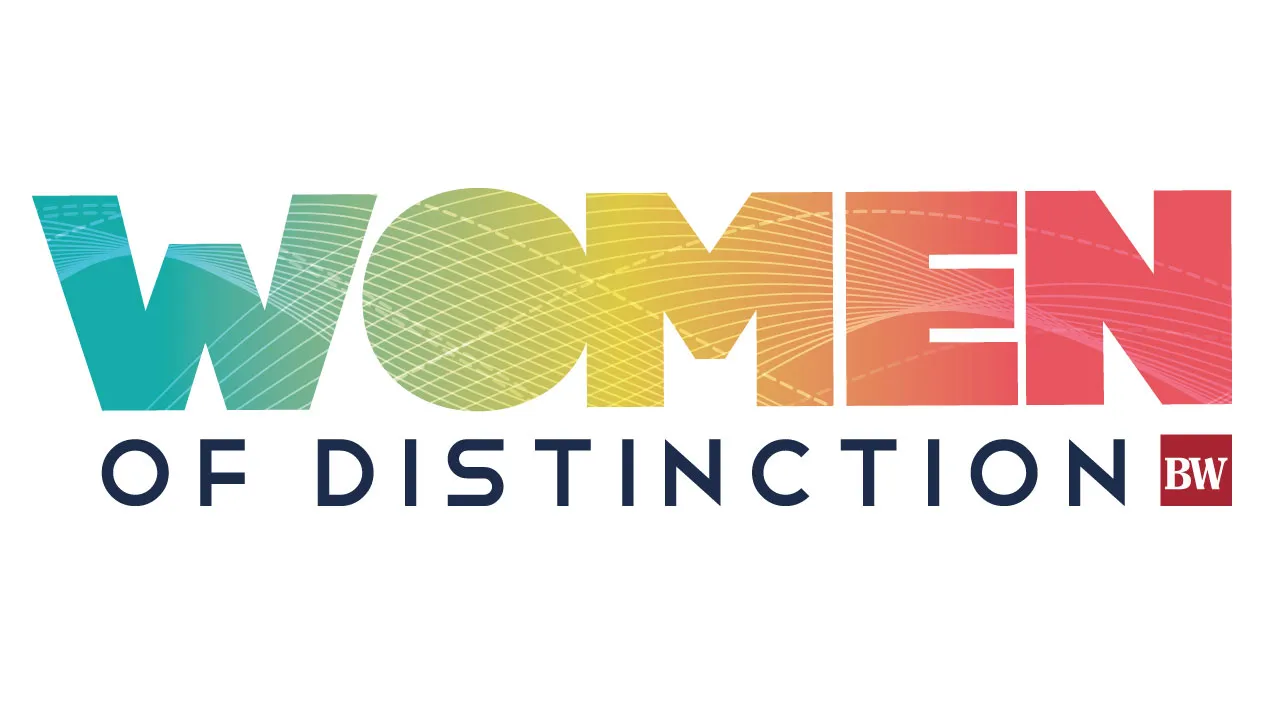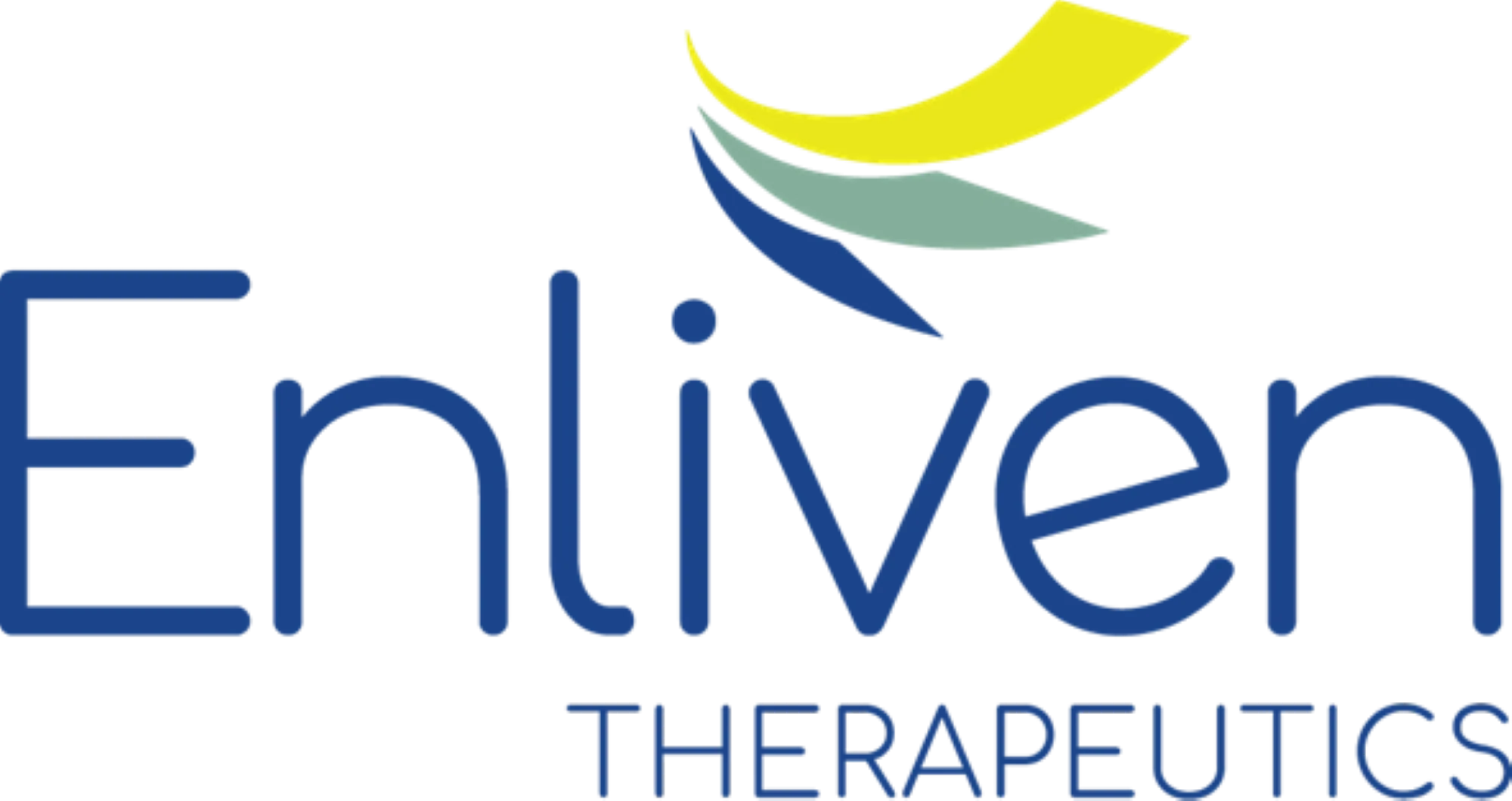Hartung: Crisis can build leadership capacity
Editor’s note: Ask your questions here about COVID-19 disruptions to your Life@Work. Jessica Hartung, author of The Conscious Professional: Transform Your Life at Work, designed this column to answer reader questions about challenging issues they face in their work lives. Submit questions to Jessica@workthatmatters.com
Dear Jessica,
As a project lead, I’m wrestling with how to keep the focus on work and the deliverables while acknowledging and accommodating the circumstances our team members are in. I want my team to stay engaged and ready for what comes next – Project Leader
SPONSORED CONTENT
Dear Project Leader,
Exploring this question will build your leadership capacity. When you show up calmly, orient people to what is needed next, and help them stick together, you are on the right track. Across the country we are visiting each other’s homes on video to get work done. We see one another’s pets, kids and connectivity issues throughout the day. Instead of seeing our “work” and “home” selves as separate identities, these identities are merging.
Your team will remember how you communicate during these shifts, how you support others, and what you prioritize during these tough times. Even for those not being confronted with the trauma on the front lines of this pandemic, co-workers may be experiencing isolation or illness, childcare challenges, financial issues and grief.
This is a time to be gentle with one another. Lead by example: take care of your own wellbeing. As the project lead, you have a surprising level of influence on the worklife experiences of your team members. Being your most thoughtful and considerate self during these intense times is a strategic choice. Good self care with sleep and nutrition support you to be a better leader.
Deliverables and Compassion
As you keep yourself calm, focused, and communicative, you are leading your team forward. Focus and compassion go together. Caring business relationships will keep people informed, supported, and engaged while you get work done. Friendly professional relationships can include genuine conversations about mutual accountability. It might sound like, “Hey Jane, let’s catch up for a few minutes and then review the next steps in the implementation plan. I’d like to make sure our efforts are aligned.”
Appreciative Inquiry
Appreciating coworkers, as well as having compassion for their experiences, doesn’t take a lot of time, and it develops our own emotional maturity and listening intelligence. Start simple. Ask team members how it is going and be willing to listen to the answers. Even just a few minutes of listening with curiosity builds stronger relationships and helps you achieve a deeper understanding.
You can also encourage peers to share insights and support one another. Ask questions that encourage reflection, build connection, and re-energize the conversation.
- When you are at your best working from home, what is that like?
- What team strengths are most important to you right now?
- What would help our team be even more effective?
Taking Action
You can inspire and equip your team to stay focused on the highest priority tasks. Times of crisis call for leaders to take deliberate, effective action. What level of influence do you have? Here are some ideas to consider:
- Host two-way conversations to clarify monthly objectives
- Prioritize essential activities
- Identify perceived barriers or delays
- Brainstorm options to help one another succeed
- Experiment with new ways to communicate, e.g. more frequent, less structured, different medium
- Renegotiate timelines or scope to reduce pressure while making progress
- Collaborate across the organization to reduce effort or improve quality
Learn Your Way Forward
When the outcomes aren’t certain, it’s a good time to be learning. None of us has this all figured out. I remind myself many creative solutions exist, even if I don’t know them yet. A culture of deliberate development builds leadership at all levels while figuring out how to get the work done. Team interactions themselves are a source of significant professional development.
Interpersonal skills, maturity, and life lessons are becoming tremendous assets on the job. Strengths in collaboration and technology that millennial leaders bring can be engaged to solve problems in innovative ways. By leveraging one another’s skills, and learning together, we can stay focused on our mutual connection and commitment to the project and its deliverables. Leading a project through this defining time can build your self-awareness and increase the positive impact of your leadership throughout your career.
Jessica Hartung is author of The Conscious Professional: Transform Your Life at Work, and founder of Integrated Work, a Boulder leadership development company.
Editor’s note: Ask your questions here about COVID-19 disruptions to your Life@Work. Jessica Hartung, author of The Conscious Professional: Transform Your Life at Work, designed this column to answer reader questions about challenging issues they face in their work lives. Submit questions to Jessica@workthatmatters.com
Dear Jessica,
As a project lead, I’m wrestling with how to keep the focus on work and the deliverables while acknowledging and accommodating the circumstances our team members are in. I want my team to stay engaged and ready for what comes next – Project Leader
Dear Project Leader,
Exploring this question…


